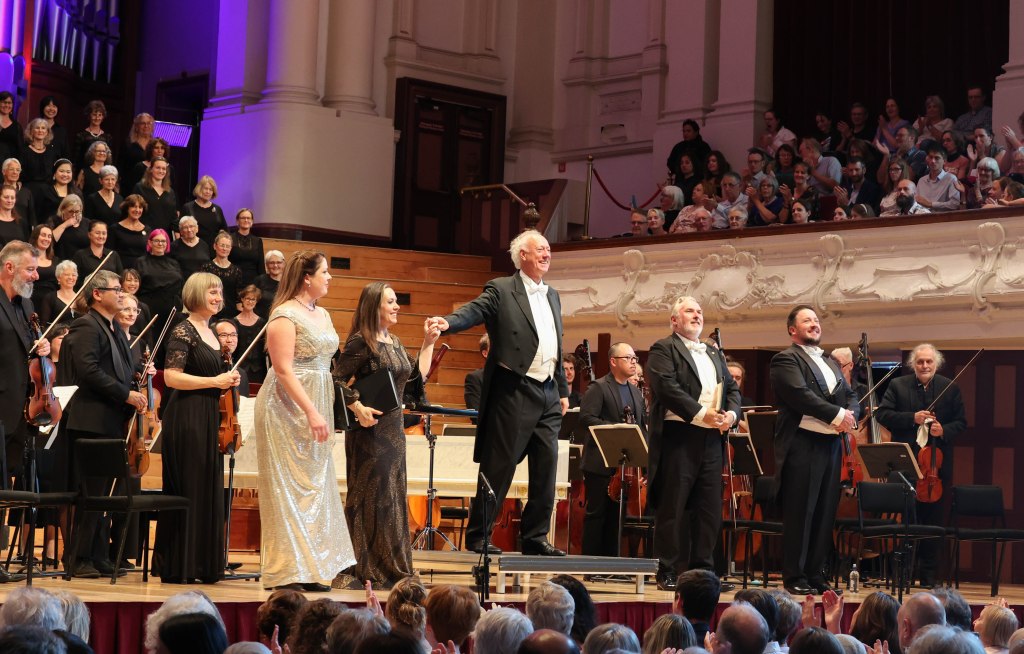Reviewed by Malcolm Calder

Tales of an Urban Indian
An immersive TIFT experience
By Darrell Dennis
Director Herbie Barnes
With Nolan Moberly (Simon) and Dean Deffett (Stage Manager)
Jan 11 to 14 2024
The Bus Stop, Corbans Estate Art Centre
Review by Malcolm Calder
11 January 2024
I went for a 90 minute ride today. With others. On an AT bus. In and around some of Auckland’s western suburbs. And an actor called Nolan Moberley told us a story.
I’m glad I did. Because it left me drained. Exhausted. And not a lot of theatre does that to me.
Moberley gave us bus passengers a character named Simon Douglas, an indigenous Canadian born on an Indian reservation in British Columbia perhaps 50 years ago. He is a product of the Canadian Indian Residential School system. Tales of an Urban Indian focusses on his struggles with self, on family and heritage and on the world in which he lives during childhood, adolescence and early adulthood, moving into an ever-increasingly urban lifestyle.
His issues are shared by a cohort that is international. But the context of each is unique.
This story is moving and painful at times. It tells of segregation, alienation and rejection. It tells of aspiration and maybe even – hope. As Simon says, “it’s a story I need to tell, not because it’s extraordinary, but because it’s common. Too common, and it’s not told enough. It’s a story about my people …”.
In this country we have some awareness of our own socio-historical context and, to some extent, we like to think we comprehend something of the Australian terrain too. Or perhaps we only think we do.
For some reason however, Canada is not imprinted on our national consciousness in the same way. Hardly at all in fact. And that is what made this performance so strikingly different for me. The issues may not be dissimilar. But the context certainly is.
Nolan Moberley gives a bravura performance, somehow keeping his footing as our big blue bus as it lurched over traffic humps and narrow turnarounds. I’m not sure if the itinerary was random or carefully programmed but there was something deliciously ironic as we passed smashed up deserted and graffitied houses that somehow echoed the words of the script. Or how Simon’s vain attempts to get work in films, fancying himself to be James Bond, came just as we passed some of the giant sound stages that encircle this part of Auckland.
Accolades to our driver who found his way into and through some impossibly teensy streets and to stage manager Dean Deffett who revealed stage management skills delivered by sign-language.
After 90 minutes I was starting to wonder how director Herbie Barnes would round it all off – or get Simon off the bus, to coin a phrase. He did. But no spoiler alerts from me. You will just have to take your own ride to discover how. It is fitting, apt.
First Nations theatre has developed an ever-increasing international voice over the last few decades and Talk Is Free Theatre (TIFT) is to be congratulated for sharing thus Canadian story with other parts of the world, for finding commonality there and for such a breathtakingly exhaustive bus ride.

